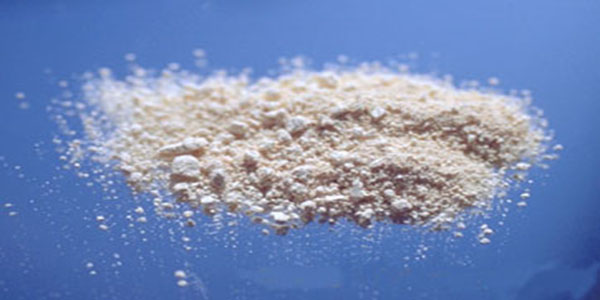Mar 13, 2017
Amphetamine – also known as methamphetamine, speed, or ice – is a highly addictive drug. Originally developed as a m...
Amphetamine Addiction
May 23, 2016
An Australian journalist who moved in with two friends suffering from amphetamine addiction in order to research for a b...
Amphetamine Addiction
Apr 06, 2013
Amphetamines are probably the second most widely used illegal drug in the UK after cannabis. More commonly known as spee...
Amphetamine Addiction




